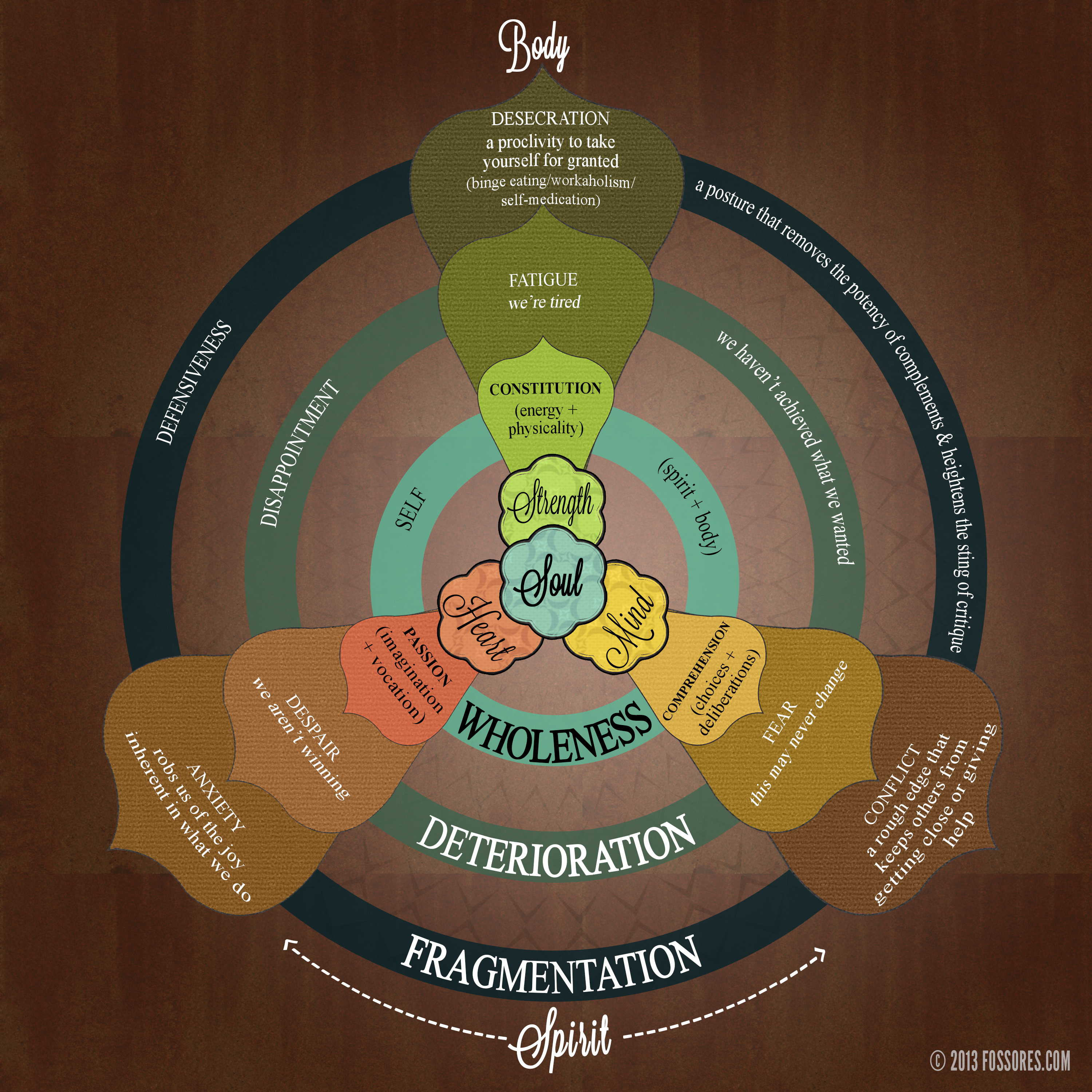Most of us spend our lives asking the wrong big question. We think it’s the most important issue out there, and if we can’t find an answer we get frustrated, discouraged, and despondent.
The wrong question—the question we persist in asking to our own great peril—is:
Who am I?
Once we ask that question we’re in trouble because our list of possible options holds few good clues. We either try to define ourselves by our work, activities, and achievements or we try to define ourselves by our heroes, our sages, and our lovers. The first group thinks of themselves as athletes or businesspeople, artists or rebels. The second group thinks of themselves as being like Jennifer Lopez or Brad Pitt, Barack Obama or Bono. As a result, we end up defining ourselves either by saying “I’m one of those” or “I’m just like.” And then, when we fill in the blank, we feel like we’ve got some kind of template to move forward.
But it never works.
The truth is you’re not like JLo. You’re not a professional crossfitter either. You’re just you. You’re not like anybody else, and the more you try to be like them the more miserable you’ll become. You’re not defined by your hobbies or your job or your education. The more you allow yourself to conform to the expectations of your environment, the more you’ll feel pressured, joyless, and constrained.
We’ve got to learn to ask the right question instead of the wrong one.
The trick is that the two questions are very similar, but the answers are fantastically different.
The right question is this:
Whose am I?
You might balk at this, especially before you hear my explanation. And, of course, you might be thinking about all the spectacularly unhappy people who define themselves solely in term of being Bobbie’s girlfriend or Mrs. Rochester’s employee. Of course those people can’t possibly serve as our example of people who got it right, but my contention is that they have asked the right question but supplied the wrong answer.
The right question to ask is “to whom do I belong?” The only acceptable answer—the only answer that will give you life and a surplus of meaning within it—is God’s.
You have been made in the image and likeness of your Creator. He made you to be like him. You have inherent dignity and value because he has placed himself within you and called you his. He gave you authority in this world and an intellect fit to make sense of it. He has fired you with passion and loaded you with bearing so you can thrive in an environment of risk and adventure. He placed you within the world as his emissary, so that whenever people see you they’re meant to be reminded of him. Whenever people get around you, they’re meant to feel as though he is near also. You are a carrier of his presence. You are a billboard for your Creator. You are an ambassador of the invisible and a courtier of eternality.
In Genesis 1.27 God tells us that we have been made as his tselem, a word which can be appropriately translated as “shadows.”
You were made to be God’s shadow. You belong to him. And because you are tethered to him in some important sense, all your work in this world must find its ultimate origin and fulfillment in him also.
You can rebel against this. You can refuse to acknowledge it. You can kick and scream and cry out that you’re your own person and you make your own destiny.
But at the end of the day, after you have tried everything else to help you determine who you are, you will realize that you’ve been asking the wrong question all along.
You want to be happy? You want to find peace? You want meaning and satisfaction and gladness beyond all comprehension? You want romance and excitement worthy of an enduring story?
Then you must realize you can only find your true self in him.
You belong to God, and he means for you to shadow him in the redemption of the world.
Once you understand that, you’re ready to understand everything else.
fossores
Related posts
Categories
Category Cloud
Tag Cloud
Recent Posts
- Victors and Victims November 6, 2018
- 3 Hacks for Happiness October 29, 2018
- Hope Against Death September 20, 2018
- The Shape Of The Cross September 19, 2018


